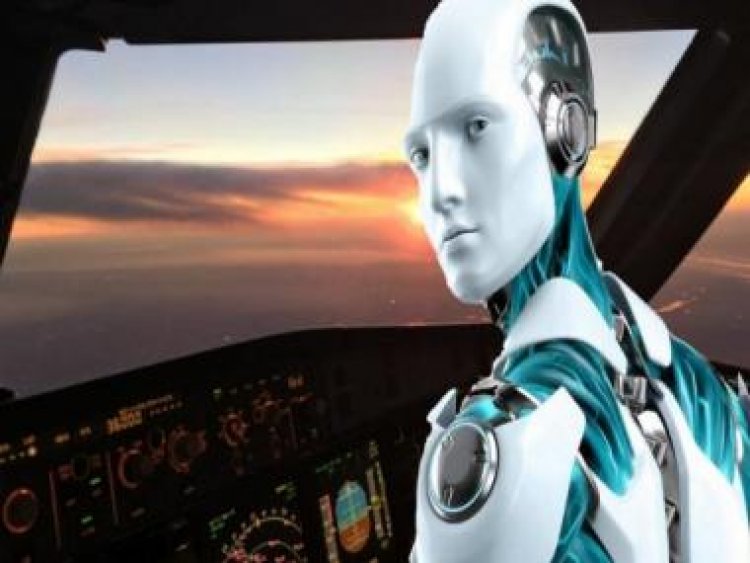Flying High With AI: Planes in the future will have AI pilots, says Emirates airline’s President
Flying High With AI: Planes in the future will have AI pilots, says Emirates airline’s President

Aeroplanes these days do most of the flying on autopilots. The reason why we have two pilots on board in every flight is mainly to assure passengers and help them stay calm that there are two highly trained professionals, taking care of them 30,000 feet in the air. However, passengers planes of the future won’t need any pilots at all, and can actually be flown better by AI pilots.
In fact, AI today is so good, that aircrafts don’t need pilots to land or take off. But, because people have a major psychological issue of giving complete control to a machine, passenger planes will continue to have at least one pilot on board. AI, however, will still be a major part of it.
Also read: AI as Top Gun: US Air Force successfully tests their first AI-controlled fighter jet
According to Tim Clark, the president of Emirates airline, passenger planes equipped with AI co-pilots could potentially transport travellers in the future. He mentioned the possibility of a single-pilot aircraft, indicating that the technology for fully automated flights is already advanced.
However, Clark believes that passengers prefer the presence of two pilots in the cockpit and expressed his view that there will always be a human pilot on board, even if a plane is completely flown by AI
This discussion arises amidst ongoing debates regarding the extent and speed of AI technological development. Emphasizing the significant role of pilots, Joji Waites, the head of flight safety at the pilots’ union Balpa, highlighted in a blog post that skilled pilots are essential components of a complex safety system that effectively mitigates risks and ensures passenger safety.
“Pilots are not merely plane drivers; they are highly skilled professionals who play a crucial role in a comprehensive safety system that ensures the safe arrival of passengers, crew, and cargo at their destinations,” says Clark.
With increasing pressure in some sectors of the industry to reduce crew numbers, potentially leading to fully autonomous operations, it is more important than ever to recognize the skills of pilots and the safety benefits of a multi-crew cockpit.
Also read: India to survey the entire country with drones, artificial intelligence and big data
“Pilots have diverse responsibilities beyond flying the aircraft. They act as navigators, engineers, technicians, weather experts, and customer service managers. On a typical day, pilots interact with various individuals, including aircrew, ground crew, cabin crew, air traffic control, and passengers. Effective communication is essential for pilots, both in aviation-specific terms (e.g., using radio communication with air traffic control) and on an interpersonal level,” says Clark.
“Since pilots fly with different crews, they must establish rapport quickly and exchange information clearly with unfamiliar individuals. They also have the responsibility of communicating information to passengers,” says Clark. In addition to passenger safety, captains bear ultimate responsibility for the entire crew on board. Understanding the crew’s needs, flight time limitations, rest requirements, industrial agreements, and supporting them in passenger interactions are vital aspects of their role.
Read all the Latest News, Trending News, Cricket News, Bollywood News,
India News and Entertainment News here. Follow us on Facebook, Twitter and Instagram.
What's Your Reaction?



























































